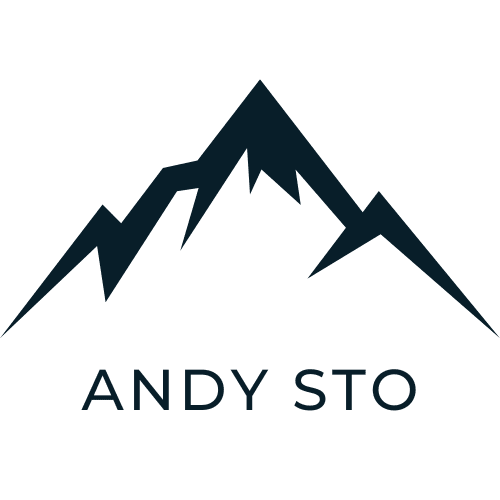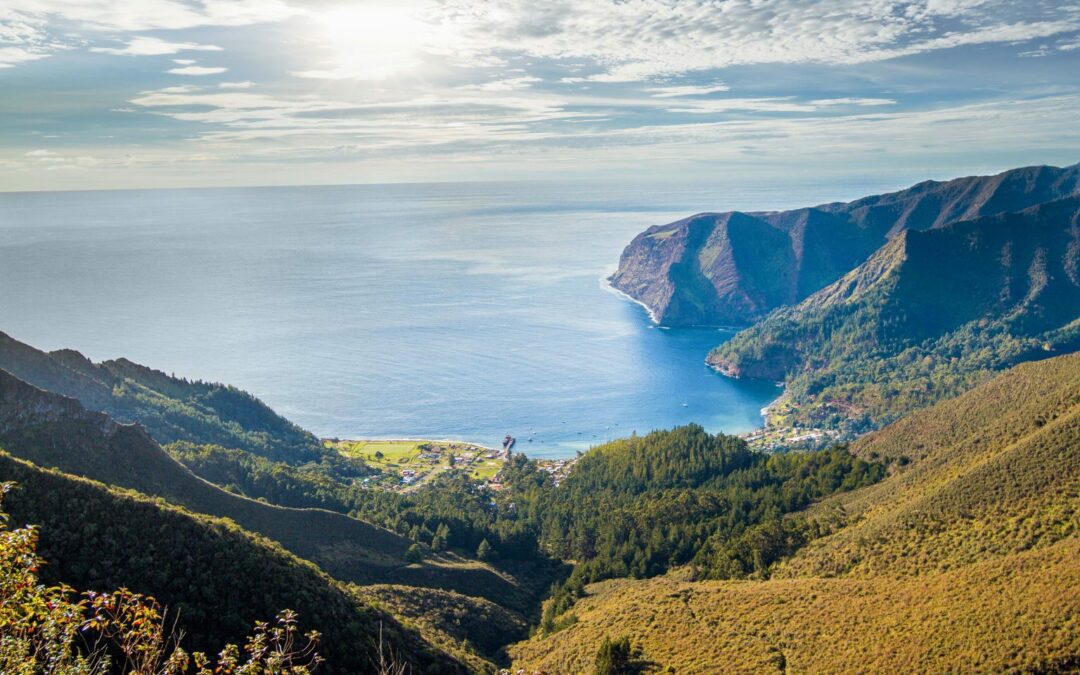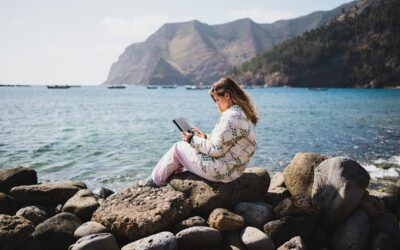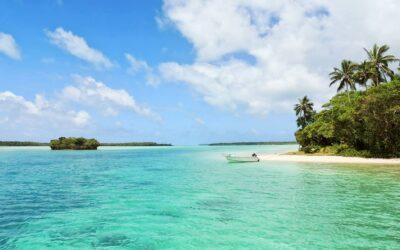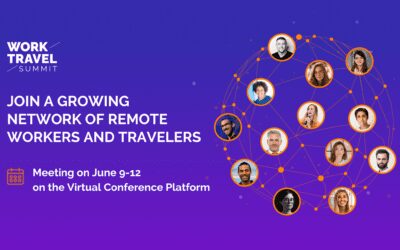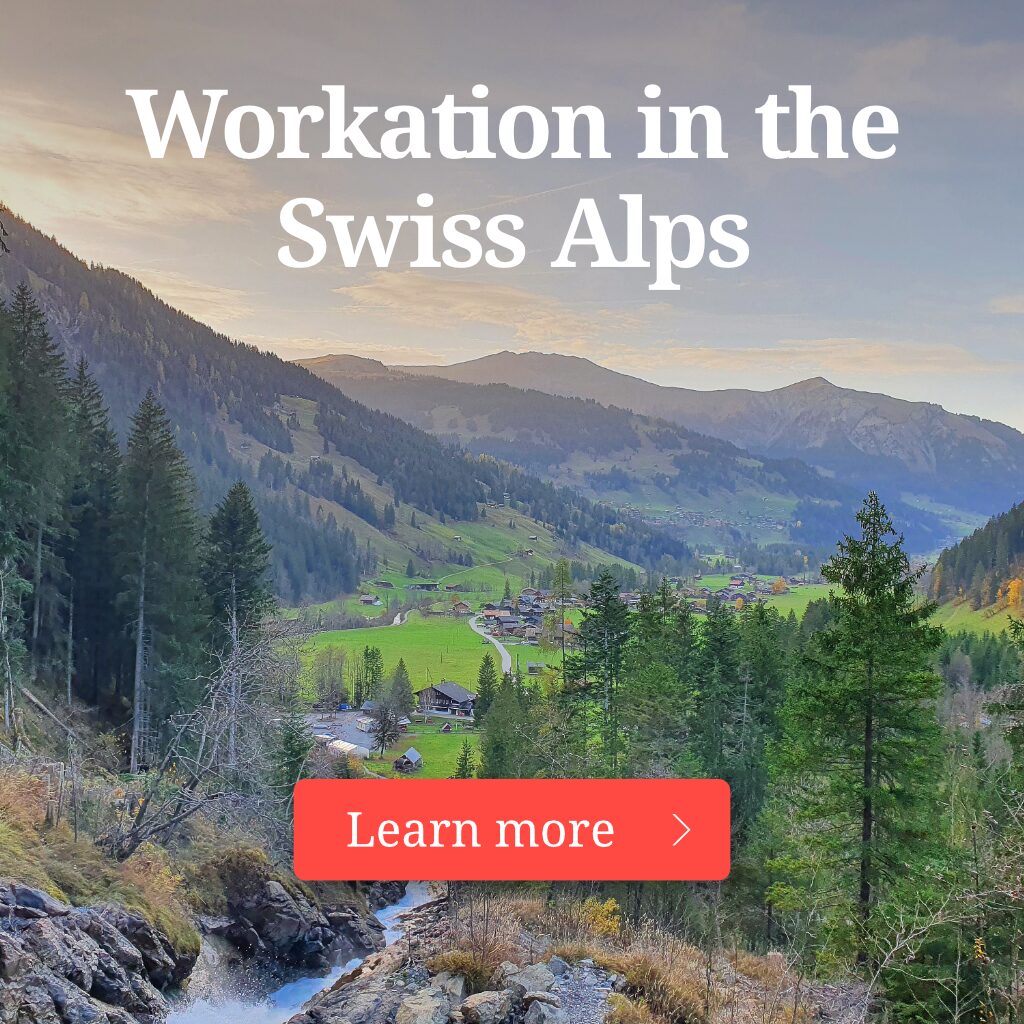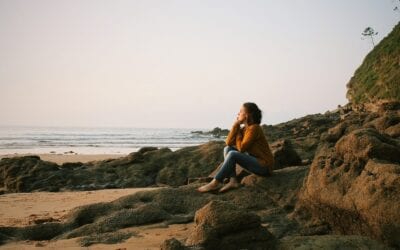|
|
The human pursuit for freedom has been there since the dawn of time; freedom of land, freedom of expression, freedom of identity, freedom to dress and live the way you want and in the recent years we got to experience and demand freedom in a thing that takes a big chunk of our lives, our work.
Working from home and/or working remotely since the COVID-19 pandemic hit showed many people that doing a good job is not about restraint, but about freedom. We don’t have to be restrained to offices, nor to specific times, we don’t have to be restrained to one place, the world is our office and it’s inspiring and, against what was once a popular belief, it can make us more productive.
This is something digital nomads have long understood; and though it might seem as if digital nomadism was a result of the pandemic, it has been there long before.
Digital nomads are people who work online using digital means and technology to be able to do their work while travelling. It’s a lifestyle based on experiencing new places and cultures, while still working, freelancing, investing, running your startup or any form of work you do. As long as there is a destination with an internet connection and adventures to offer, it’s on the digital nomad’s travel list.
Digital nomads have also been quite helpful to the economies they visit. If you’re wondering how, consider the common qualities and the differences between a digital nomad and a tourist. A digital nomad has more interaction with the host country, he will stay longer, pump more money in the economy, bring new ideas and stronger services (like internet coverage) to the local communities and much more.
These benefits of hosting nomads, have been a great motivation to many countries around the world to start offering digital nomad visas and benefits to attract more of them.
In many ways, digital nomads have been changing both worlds of work and travel. But is that enough? Can digital nomads and remote-workers do more?
The answer is yes! Digital nomads in many countries have been a more direct help to the local communities, by volunteering to support environmental efforts, education or even just by sharing ideas to inspire locals; and that’s why the “Work for Humankind” initiative from Lenovo is a spot-on.
Lenovo’s Work for Humankind
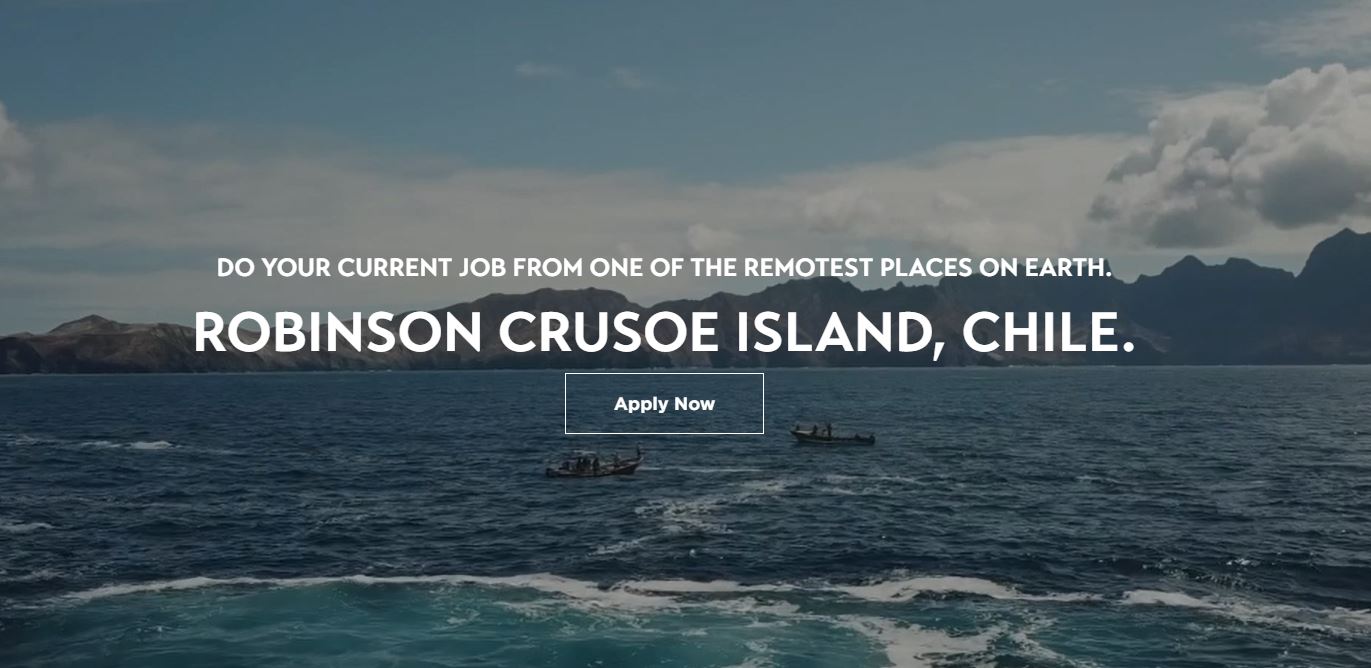
Through this initiative 9 volunteers will be chosen to travel to the (very) remote island of Robinson Crusoe, 700 km off the coast of Chile. Volunteers will be able to do their jobs, via Lenovo technologies on the island, and they will be volunteering 20 hours of their week to help the small island’s community for 4 weeks.
The volunteers will remain on the island for up to 30 days between 14 March 2022 and 10 April of the same year. The flight and accommodation are covered by the organizers.
Volunteers will be able to work from “Lenovo Tech Space” using the latest Lenovo technologies and when they leave, this tech space will be available for the local community as the legacy of the initiative. For 20 hours a week, the 9 volunteers will work with Island Conservation, an NGO that has been working in Robinson Crusoe island for decades on wildlife preservation. So as a remote working nomad, you will be doing more for the planet in your free time.
Who is eligible?
The initiative is open for legal residents of the USA, the UK, Mexico, Brazil, Germany, France, India, Italy and Japan who already have a job they can do remotely during their stay on the island, are fully vaccinated and speak English. You need to be 18 years or older and not an employee of any of the involved companies and NGOs. They are looking for a wide range of skillsets so they will be considering a variety of applicants from all fields.
3 applicants from each of the above listed countries will be chosen and will be contacted for an interview, then 1 candidate will be chosen from each country. The applicants have to be ready to be in Chile from 2 March in order to have a 7-day quarantine period before they head to the island for another 3 days of quarantine.
The island

Robinson Crusoe is one of the remotest islands on the planet. It was home to a Scottish sailor whose story is believed to have inspired, at least partially, Daniel Dafoe’s Robinson Crusoe. The island has about 900 residents.
The island’s ecosystem is rich in plants, birds and wildlife; in fact, it has one of the highest densities of unique plant species; however, it is battling plastic pollution and extinction of species.
The inhabitants of the islands are aiming for a future where the beauty of their remote island is shared with the world through eco-responsible tourism. For that, they need to do some developments as well as apply and maintain sustainable practices on their island. The volunteers in their 20 hours weekly dedicated to the island, can help with any of these development and preservation projects.
How can I apply?
If you fit the criteria, you can fill the online application until 31 December. If you are shortlisted for an interview you will be contacted between 17 and 21 January, and the interviews will be conducted between 24 and 27 January.
You will need to arrange for your own visa; as the package includes only, air travel from the nearest major airport to your home from Santiago, Chile as well as the flight from Santiago to the island. Accommodation is also included, during both quarantine periods and the volunteering period on the island. Every volunteer will also receive a Lenovo branded hardware worth more than $500.
If you are chosen, you will be expected to pack for all seasons; even though this is the best time on the island with temperature around 20 degrees, the weather changes quite often. You will be allocated a room in a shared house with the other volunteers in one of three locations on the island.
You will also be free to schedule your volunteering hours, as breaks from work, on the weekends, before of after your job, it’s up to you.
Would you like to live on a remote island and help the local community?
